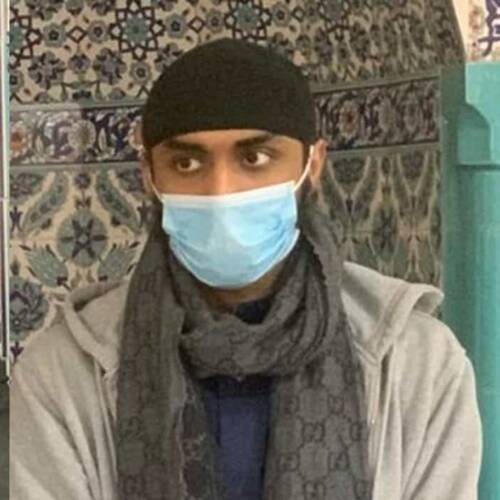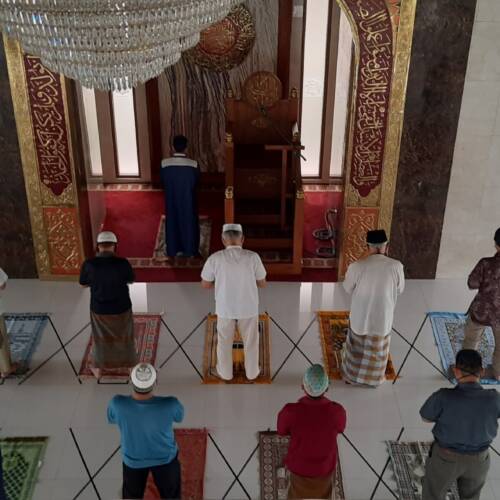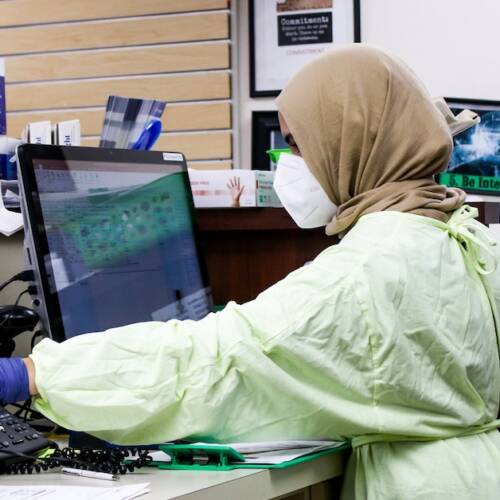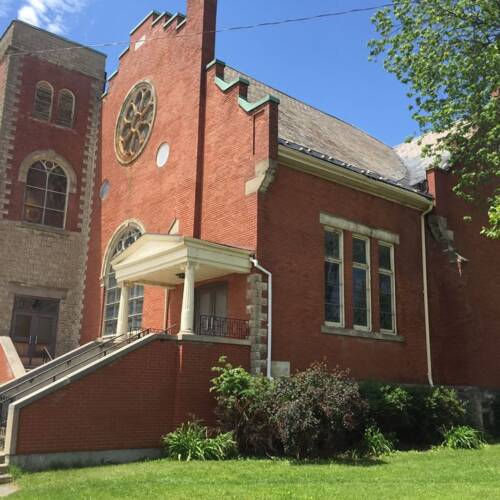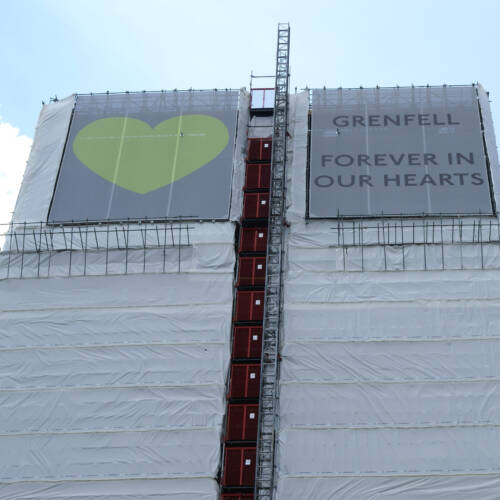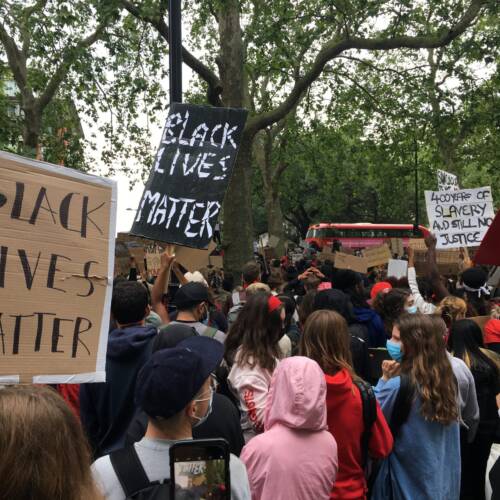
How Communities Can Overcome Hate: South London Attack
04 Feb 2020As a citizen of Lambeth borough, it was deeply upsetting to hear of a hate-driven attack taking place right at my doorstep. It shocked the community, but our community resilience trumps hate in all forms.
On Sunday afternoon, police shot a young man dead on Streatham High Road, after three people were injured in the attack. While the investigation is at an early stage, the authorities have declared the attack “a terrorist incident” and named the attacker as 20-year-old Sudesh Amman from Harrow.
The emergency services arrived swiftly at the scene, taking three victims to the hospital: one man and one woman who were wounded by the stabbing, and another woman injured by the glass following the discharge of one of the officers’ firearms.
At the time Amman was wearing a fake suicide vest and holding a stolen 10-inch knife. The use of a vest made out of silver canisters strapped to the chest is a strategy well-known by the authorities. A similar device was worn by the perpetrators of the 2017 London Bridge attack and the more recent London Bridge attack in November 2019.
It is documented that Amman was only 17 years old and living at home with his mother and younger siblings when he began downloading material about making explosives and carrying out terrorist attacks. What led him to this point? Authorities also found messages where he discussed his extremist views with family, friends and girlfriend. Amman declared his intention to carry out an attack, and shared with his close ones an online al-Qaeda magazine. When he was convicted with possession of terrorist materials, officers and prosecutors noted his fascination with martyrdom. Several reports highlight that people who err on the side of terrorism do not practise their faith regularly, notwithstanding the fact there is evidence that a well-established religious identity actually protects people against violent radicalisation.
It is said that Amman was released from prison two days before the attack. The mayor of London, Sadiq Khan, commented that both Sunday’s attack and the London Bridge from three months ago were “foreseeable and preventable”. He said, “I’m angry because some of the reassurances we were given by the government in November haven’t been realised.”
Following the two recent attacks, Prime Minister Boris Johnson has set out plans to make fundamental changes to dealing with those convicted of terrorism offences, including scrapping early automatic release and giving lengthier sentences for dangerous individuals. In some cases, these measures are needed when the individuals in question are evident threats to us in the public. We should all be free to go about our lives without fear of harm. But do they tackle the root causes of the problems or are they simply reactive measures? We need proactive measures in place.
I believe that it misses a core issue that can decrease the risk of these incidents happening again: the need to better support communities across London and the wider UK, and empower them to build stronger and more cohesive societies. In my borough, Lambeth, we have done a lot of good work in our community to help build bridges and heal divisions. This work has been going on since before the attacks of 9/11 in New York and the July attacks in London. Unfortunately, with changes in government officials and the revolving doors at Whitehall, successful projects that have already been run are forgotten and officials go about reinventing the wheel. We need to learn from our grassroots organisations that have already had success and lean on the local resources we have built over time.
Our borough-wide initiatives with different faith communities, young and old people, council, police, parliamentarians and more, have built partnerships at all levels. We have been at the forefront of peace-building initiatives. We have turned to love, rather than let hate divide us. This is the positive message that we need amongst the public. We also recognise that there is still a lot more to do. We need to continue this work and support neighbouring boroughs to build a society where difficult topics can be discussed, addressed and managed without stigma or insecurity, and ensure that people of all backgrounds and ages can get involved.
In times of crisis and difficulty, only in unity will we succeed. We have shown strength in our numbers and resilience to the forces that aim to divide us, but we will continue our efforts to achieve peace.
If you wish to get in touch with Umar and find out how you can get involved in community cohesion work, then feel free to contact him on [email protected] or @faith_tweeting.






